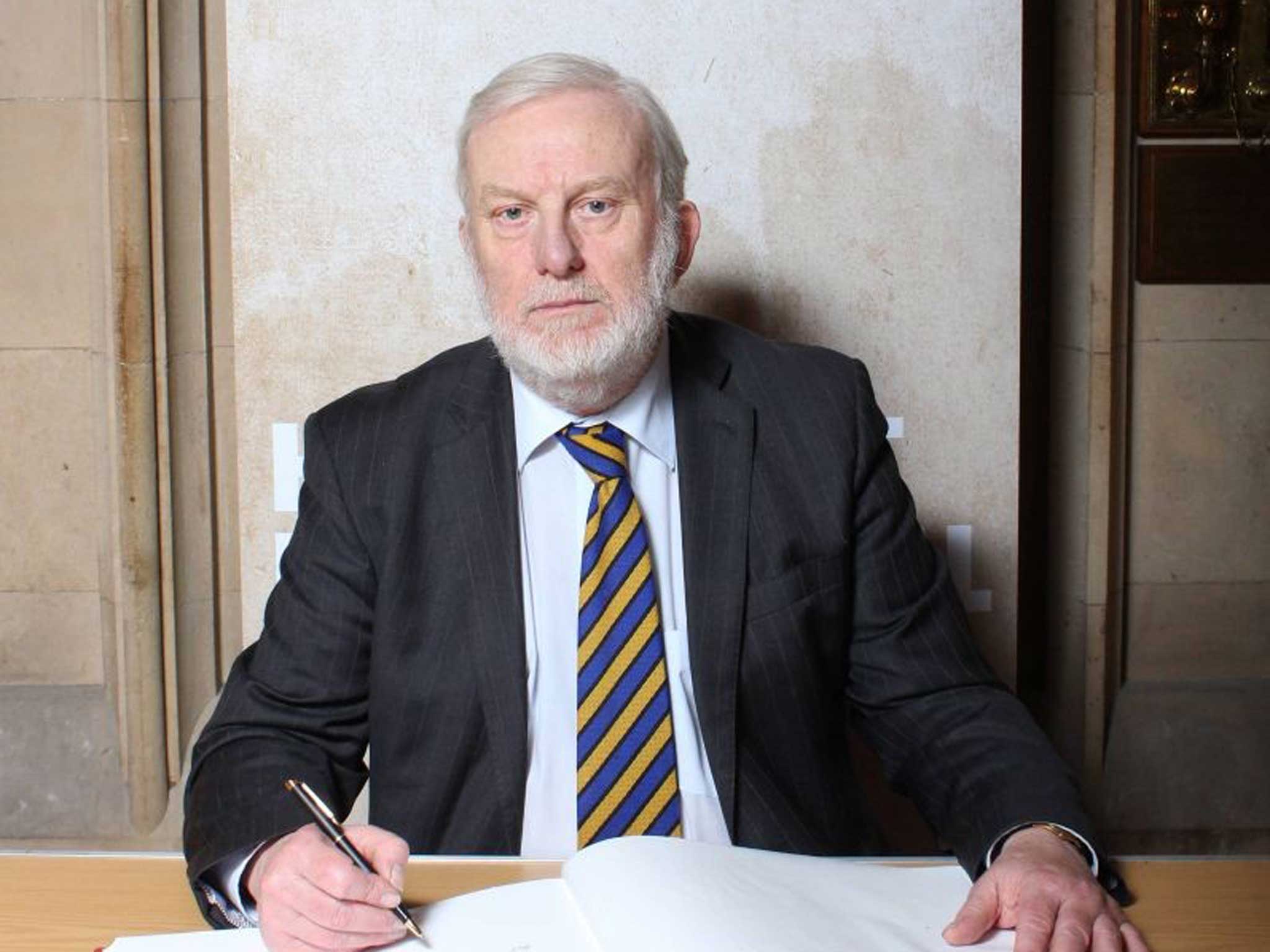Whitehall programme aimed at identifying future threats, risks and opportunities for Britain, criticised in report

A Government programme aimed at identifying future threats, risks and opportunities for the UK has "substantial weaknesses" and lacks expertise from outside Whitehall, says a critical report published today.
The Horizon Scanning Programme, set up in July last year, has still to give any public update about its work, and its meetings have taken place behind closed doors, the Commons Science and Technology Committee said. MPs warned of a "worrying lack of clarity" in the programme, and said without external experts the initiative would just be an "echo chamber for government views".
"Horizon scanning should be a way of opening the Government's eyes to a wide array of possible futures; these simply cannot be imagined by civil servants alone," the report says.
Andrew Miller, who chairs the committee, said: "If we are to try to imagine [future] possibilities, we need to incorporate a wide range of perspectives and open our hypotheses up to challenge."
Join our commenting forum
Join thought-provoking conversations, follow other Independent readers and see their replies
Comments